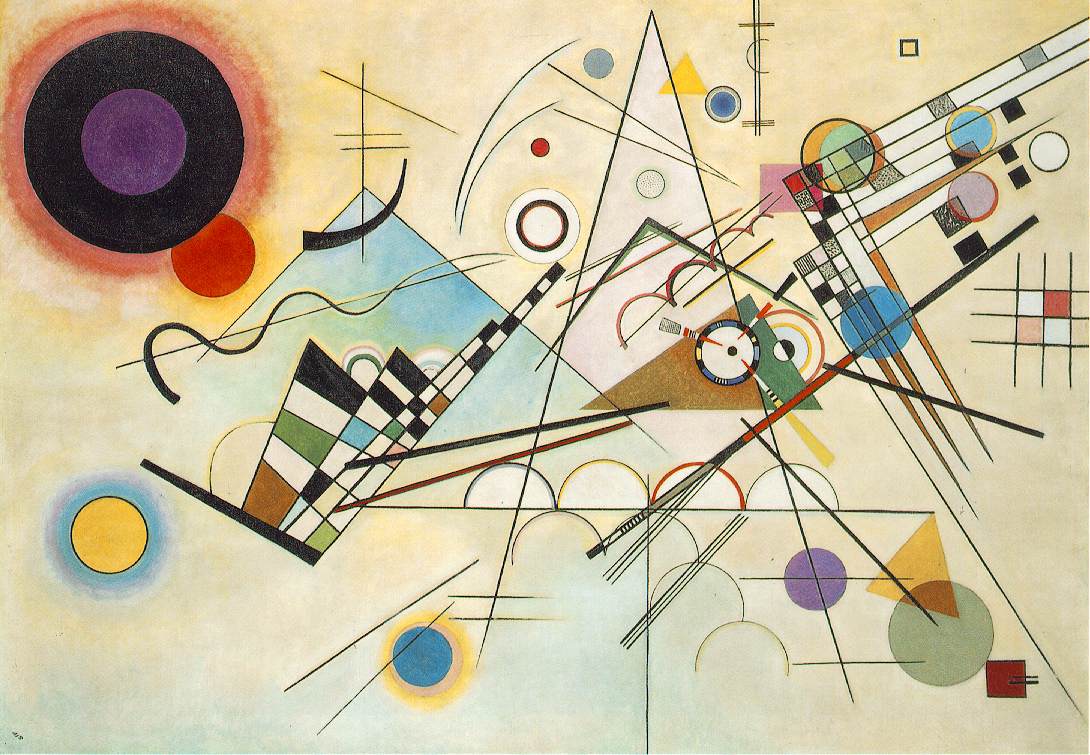
APhEx (Analytical and Philosophical Explanation) è una rivista, nata nel 2010, che è dotata di codice ISSN: 2036-9972 ed è pubblicata in formato elettronico. È riconosciuta dall’ANVUR come rivista scientifica per l’Area 11 (Scienze storiche, filosofiche, pedagogiche e psicologiche).
L’obiettivo della rivista è quello di creare un ambiente che incoraggi lo scambio di idee riguardanti i problemi della ricerca filosofica analitica contemporanea intesa nel suo significato più ampio.
Questi problemi appartengono alle diverse sottodiscipline filosofiche quali l’etica, la filosofia politica e del diritto, la logica, la filosofia del linguaggio, la metafisica, l’epistemologia, la filosofia delle scienze pure e applicate (fisica, matematica, chimica, biologia, medicina, informatica, robotica etc.), le scienze cognitive, la filosofia femminista, la filosofia della religione. Fin dalla sua fondazione APhEx ha fatto propria una politica di Open Access.

